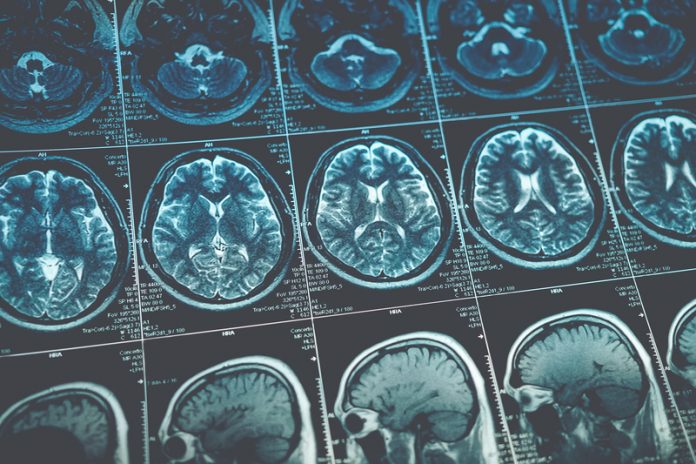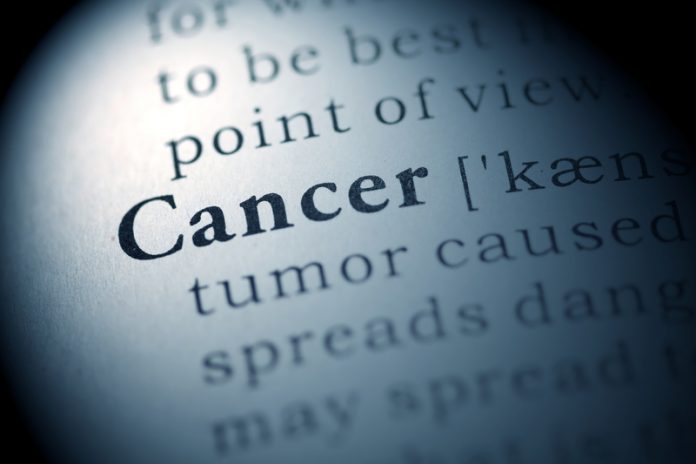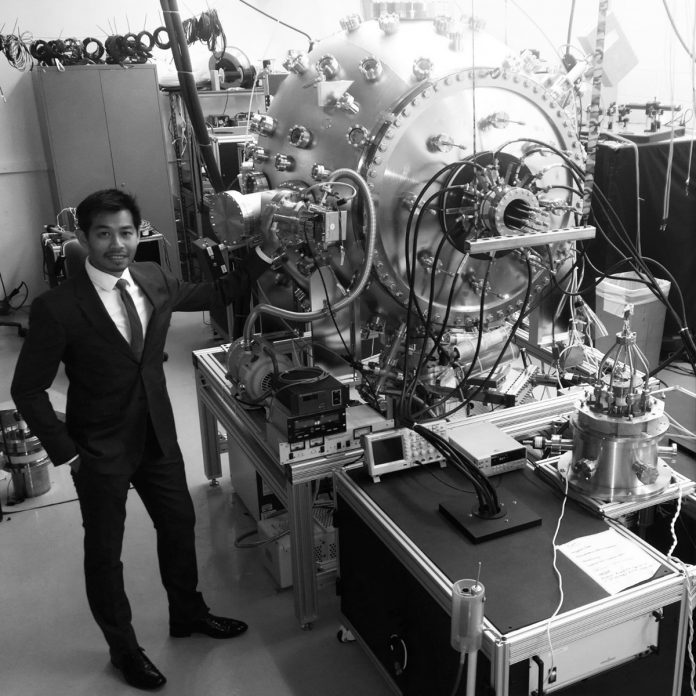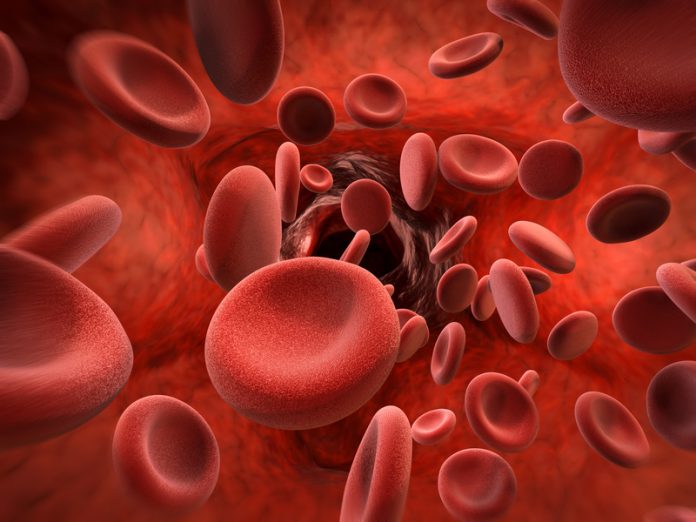Open Access Government produces compelling and informative news, publications, eBooks, and academic research articles for the public and private sector looking at health, diseases & conditions, workplace, research & innovation, digital transformation, government policy, environment, agriculture, energy, transport and more.
Home Search
lead - search results
If you're not happy with the results, please do another search
The role of advanced technologies in healthcare
The role of advanced technologies in healthcare, including the work of the National Institute of Biomedical Imaging and Bioengineering (NIBIB) in this area, is placed under the spotlight by Open Access Government
Protecting human health and the environment
The work of the U.S. Environmental Protection Agency and the Office of Environmental Information, to protect human health and the environment, is unveiled by Open Access Government
New app helps raise drivers’ awareness of blind spots
Highways England is using virtual reality to reduce the risk of commercial vehicle drivers being involved in incidents as they travel up and down the country
The priorities of the U.S. Energy Department
Open Access Government charts the history of the U.S. Energy Department and some of its present-day priorities, including clean energy and solar manufacturing
The health effects of exposure to chemicals and other substances
Open Access Government details the work of the National Toxicology Program, a world leader in providing scientific information to help evaluate and better understand the potential health effects of exposure to chemicals and other substances
How is blockchain disrupting health and wellness?
Distributed and open technologies are bringing new business models, personalisation, prediction, motivation, collaboration and trust in healthcare, in the view of Sari Stenfors from the ReCon Blockchain Research Project, at Aalto University in Finland
How are UK supermarkets tackling their food waste?
Reconomy detail how supermarkets in the UK are tackling food waste
Diabetes & peripheral arterial disease
A change of paradigm improves patients’ outcomes with diabetes & peripheral arterial disease, according to the Division of Angiology at the Medical University of Vienna
Cancer research and training in the United States
The work of the National Cancer Institute (NCI), the federal government’s principal agency for cancer research and training in the United States, is profiled here by Open Access Government
How to screen for endocrine disrupting chemicals (EDC)
Alberto Mantovani from Istituto Superiore di Sanità, Rome, Italy explains how to screen for endocrine disrupting chemicals (EDC)
Making all the difference: Construction and concessions in Europe
Eiffage is a major European player in construction and concessions, as this insightful article by the company explains
Accelerating innovative treatment for type 2 diabetes
Researchers from the University of Oxford and Novo Nordisk are collaborating to develop better treatments for type 2 diabetes
Agriculture sustainability: a question of crowd control!
Cristina Cruz from FCiencias.Id discusses agriculture sustainability, high demand and the need for the use of fertilizers
We all know how much pressure agriculture is under. An increasing and more demanding population is pushing farmers towards an intensive and super-intensive farming to supply the markets with quality, cheap and safe food....
Milestone: The first all-electric refuse collection vehicles
New Geesinknorba RCVs totally powered by batteries to save money, save the planet and save lives
Building a digital Europe: Seamless access to data and the role of blockchain technology
Markus Hautala, Head of Blockchain Solutions at Tieto argues that the public sector holds the keys to building a digital Europe, including why seamless access to data is essential for a thriving economy and the role of blockchain technology in the region
Any thriving economy depends on the availability and...
The illusion of cancer and death: Illusion of the self
Sumith A Kularatne, PhD, discusses his thoughts on the illusion of cancer and death
Research on self-organisation in plasmas
Setthivoine You from the Department of Aeronautics & Astronautics at the University of Washington shares his insights into the intriguing world of self-organisation in plasmas
Government policy: University Consortium provides behavioural insights
The Behavioural Science Consortium supplies expertise that benefits government policy and services via their Behavioural Insights Framework, as this joint article from Sheffield Hallam University & The University of Manchester reveals
The Aplastic Anaemia Trust (AAT) launches its new research strategy
Today, The Aplastic Anaemia Trust (AAT) launches their new research strategy, inviting prospective applicants to come forward with proposals for truly translational research into aplastic anaemia (AA), as CEO Grazina Berry reveals
Breaking down boundaries with digital
Jason Fahy, CEO of Knowledge Hub reveals how the firm’s feature-rich digital tool-set is breaking down boundaries in the public sector





















